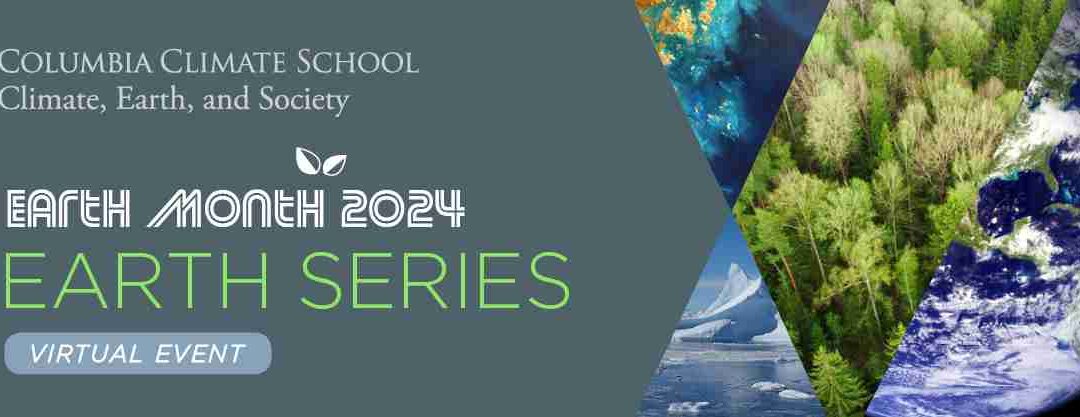YOU ARE INVITED TO ATTEND A VIRTUAL EARTH MONTH EVENT
Unbottling the Environmental & Health Impacts of Nanoplastics
Thursday, April 18, 2024
6:00 – 7:00 PM EST
Moderator
Jeffrey Shaman
Interim Dean, Columbia Climate School Professor of Environmental Health Sciences and of Climate
with
Beizhan Yan
Lamont Associate Research Professor, Geochemistry, Lamont-Doherty Earth Observatory
and
Julie Herbstman
Professor of Environmental Health Sciences, Columbia University; Director of the Columbia Center for Children’s Environmental Health
As concerns about plastic pollution reach a crescendo, recent research has uncovered a hidden threat in one of our most common commodities: bottled water. This groundbreaking study, conducted by researchers at Columbia Climate Schools Lamont-Doherty Earth Observatory (LDEO), has revealed the presence of hundreds of thousands of previously uncounted tiny plastic particles in bottled water samples.
We invite you to explore what we have learned about the distribution and concentration of microplastics and nanoplastics in various environments, including our living spaces. We will discuss the major exposure pathways, penetration through biological barriers, and the potential health impacts, including developmental and neurological effects. We will also discuss the limitations of previous exposure assessment methods and the solutions our researchers have developed for quantifying nanoplastics.
The Speakers:
Dr. Beizhan Yan is a Lamont Associate Research Professor at Lamont-Doherty Earth Observatory. He received his PhD in 2004 from Rensselaer Polytechnic Institute (RPI), Troy, NY. He joined LDEO in 2017, and since then, he has established an Environmental Organic Lab from scratch with the ability to extract, isolate, and identify organic contaminants and biomarkers from environmental and biological samples. He is leading collaborative studies in measuring microplastics and nanoplastics in drinking water and air, characterizing their exposures, and linking exposures to various adverse health outcomes, including neurodegenerative diseasesÂ
Julie Herbstman is a Professor in the Department of Environmental Health Sciences at the Columbia Mailman School of Public Health. Her research focuses on the impact of prenatal and early life exposure to environmental pollutants, including polybrominated diphenyl ethers (PBDEs) and polycyclic aromatic hydrocarbons (PAHs) on child growth and development. She has also been involved in research exploring the long-term environmental health impact of exposure to pollutants from the collapse of the World Trade Center on 9/11. She is the director of the Columbia Center for Children’s Environmental Health, where she oversees longitudinal birth cohort studies in New York City. She received her ScM and PhD in epidemiology from the Johns Hopkins Bloomberg School of Public Health in 2002 and 2006, respectively.
The Moderator:
Jeffrey Shaman, PhD, works in the fields of climate and environmental health, climate dynamics, infectious disease epidemiology, and infectious disease modeling and forecasting. He uses mathematical and statistical models to describe, understand, and forecast the transmission dynamics of disease systems, and to investigate the broader effects of climate and weather on human health. During the Covid-19 pandemic, his team built one of the first models to project the spread and understand the epidemiological properties of the SARS-CoV-2 virus. Shaman was awarded his PhD by the Department of Earth and Environmental Sciences. He received an MA and MPhil from Columbia University in 2000 and 2002 respectively.
About Us:
The climate crisis is a challenge like no other. Tackling it requires innovative, coordinated, and transdisciplinary approaches from top universities, like Columbia. The Columbia Climate School is marshaling and expanding the University’s work in climate research and education to advance vital research, train future leaders, and develop pioneering solutions for the benefit of society.

